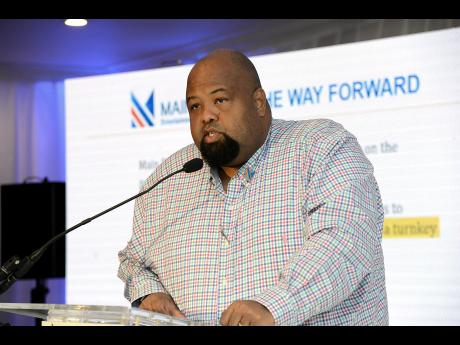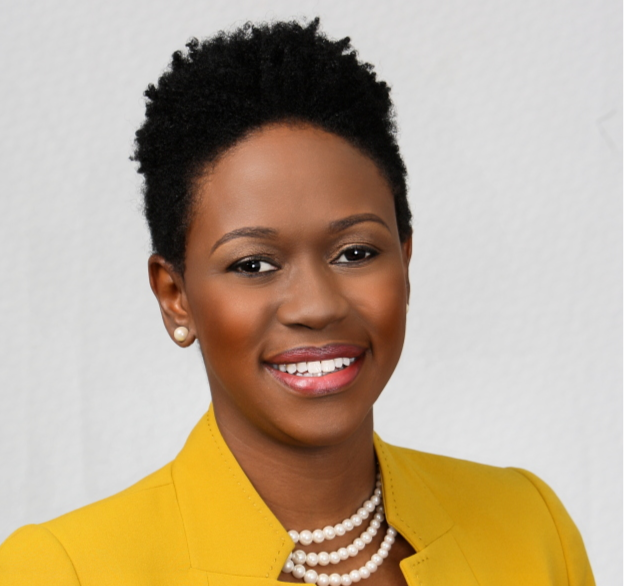President and CEO of First Global Bank (FGB), Mariame McIntosh Robinson has expressed concern that local companies at any and every stage lack the knowledge about how to make themselves investor ready.
She says because of this, although businesses may be able to find a source of capital whose mandate is congruent with their own objectives, they remain undercapitalized and unfinanced.
Addressing the Jamaica Employers’ Federation CEO Breakfast Series last month on three major trends she has identified in the Jamaican business environment, Robinson said based on these findings; businesses need to learn to be investor ready. She says to that end, they should understand what equity investors are looking for in a business and the way to cement an investment.
Robinson says one of the first things companies need to understand is that equity investors are looking to fund a transformative growth strategy. “When you’re meeting with an equity investor you should think about what will be the use of the funds. Think about what you’ll be doing to take your business to the next level because the source of capital is very expensive.”
The First Global CEO says another thing equity investors look for is what is described as ‘Skin in the Game’. Skin in the game refers to a situation in which high-ranking insiders use their own money to buy stock in the company they are running. She says “equity investors want to know that when you go to them, you are putting something in the business as well. Investors want to know that should anything go wrong, while the investor will suffer reputational damage; they want to know that you, the business owner will suffer some damage as well and not just bounce from idea to idea”.
Robinson says the other issue that needs to be addressed is the issue of valuation. She says it is common for entrepreneurs and investors to be at odds as it pertains to the value of the company. She says this is due to what many entrepreneurs believe is the potential of the company. However Robinson says this sometimes causes a gap in negotiations as the actual scientific value of the company can be much less than the entrepreneur’s perceived value. Despite this, she says negotiations do not need to come to an end. Robinson says “a difference of opinion on valuation can still be structured away”.
The fourth thing to understand about equity investors and their investments is that they do, more often than not, require a board seat. Robinson says this is because of what she describes as the investors’ need to ensure that the terms of the investment are met. “What they want to do is ensure that the fund is doing a good job of finding deals and monitoring and managing those deals to exits. The best way to keep track of this is by taking a board seat to have a presence at the table and know what is happening so that they can influence the strategy of the organization, where possible”.
The other trends identified by Robinson include the need for a general improvement in the customer service being offered by local institutions and the need to integrate social media and the millennial workforce in your daily operations.
Robinson’s appointment was announced in January following the resignation of Courtney Campbell as CEO of FGB and Grace Kennedy Financial Group. Campbell had resigned as top brass of both companies for the position as President and CEO of Victoria Mutual Building Society (VMBS).

 Businessuite Markets3 weeks ago
Businessuite Markets3 weeks ago
 Leadership Conversations4 weeks ago
Leadership Conversations4 weeks ago
 Businessuite News246 days ago
Businessuite News246 days ago
 Corporate Feature6 days ago
Corporate Feature6 days ago
 Businessuite Women1 week ago
Businessuite Women1 week ago
 Business Insights3 weeks ago
Business Insights3 weeks ago
 Businessuite News24 International6 days ago
Businessuite News24 International6 days ago
 Businessuite Markets1 week ago
Businessuite Markets1 week ago









